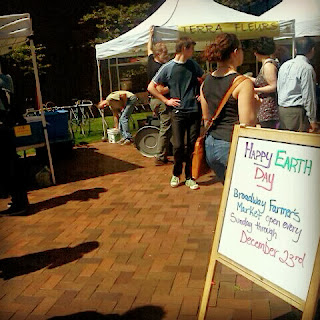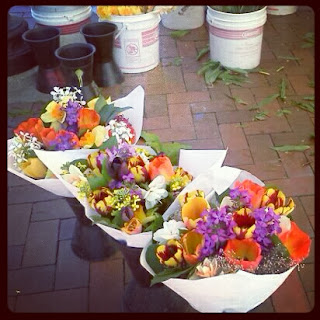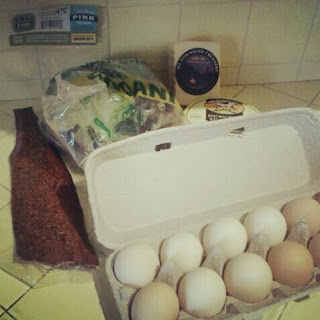The second half of this book really blew me away. As I mentioned in my other response, during the first half of the book I had a lot of trouble relating to and caring about Fugui. To me, his character knew that he had done bad things but wasn’t really sorry that he’d done them. He didn’t seem to me to have changed that much. However, over the course of the second half of the book I saw this character immeasurably altered by the horrific events that happened to those he loved. Reading it was heartbreaking, and brought me close to tears several times.
One part of the story that really got to me was when Fugui described what it was like while everyone in the countryside (and village) was starving, and nobody knew if they were going to make it. The people went to their team leader and asked him to go to the county magistrate to get them food, but he came back empty-handed. The team leader then told everyone that the county magistrate wouldn’t let them starve, but nobody was really convinced. “No one completely believed what the leader said, but then again no one dared not to believe. How could we get by if everyone lost hope?” (132) What makes that quote so poignant is that there are many situations even today where it’s still relevant. You know that things are bad, but it’s scarier to admit how bad things actually are than to believe that things will get better. So you just keep hoping. I know I have felt this way before.
Another part of the story that I really liked was one of the sections where the narrator of the story is talking to Fugui, and Fugui overhears a group of women gossiping about someone in the village. He goes over to them and tells them “ ‘There are four rules people should remember… Don’t say the wrong thing, don’t sleep in the wrong bed, don’t enter the wrong house and don’t rub the wrong pocket’ ” (162). I like this quote because it’s good life advice. Of course some of them are easier said than done (who hasn’t said the wrong thing at one point or another?) but in general they seem like good rules to follow. Also, I appreciated that Fugui was telling the women this not because he had never made mistakes, but because he had and learned from them. Getting these glimpses of Fugui as an old man I was able to see how his decisions and hardships had shaped him and brought him to where he was. There seemed to be a certain peacefulness about him by that point.
Overall, one of the things that really struck me about this book was how much the author was able to pack into 235 pages. It’s a very fast read, but there are so many emotions wrapped up in Fugui’s life that it’s almost impossible not to feel older once you’re done with it. Some of my favorite fiction books are ones where you feel like you’re walking alongside the main character, like you’re on their journey with them. This book did that amazingly well. Although I didn’t like Fugui’s character in the beginning, by the end I couldn’t help but be moved by all of the suffering he had gone through. In the end, what this book is really about is living – whether it’s despite everything you go through or because of it is hard to say. None of us know when we’re going to die, we just make do with the time we have.






